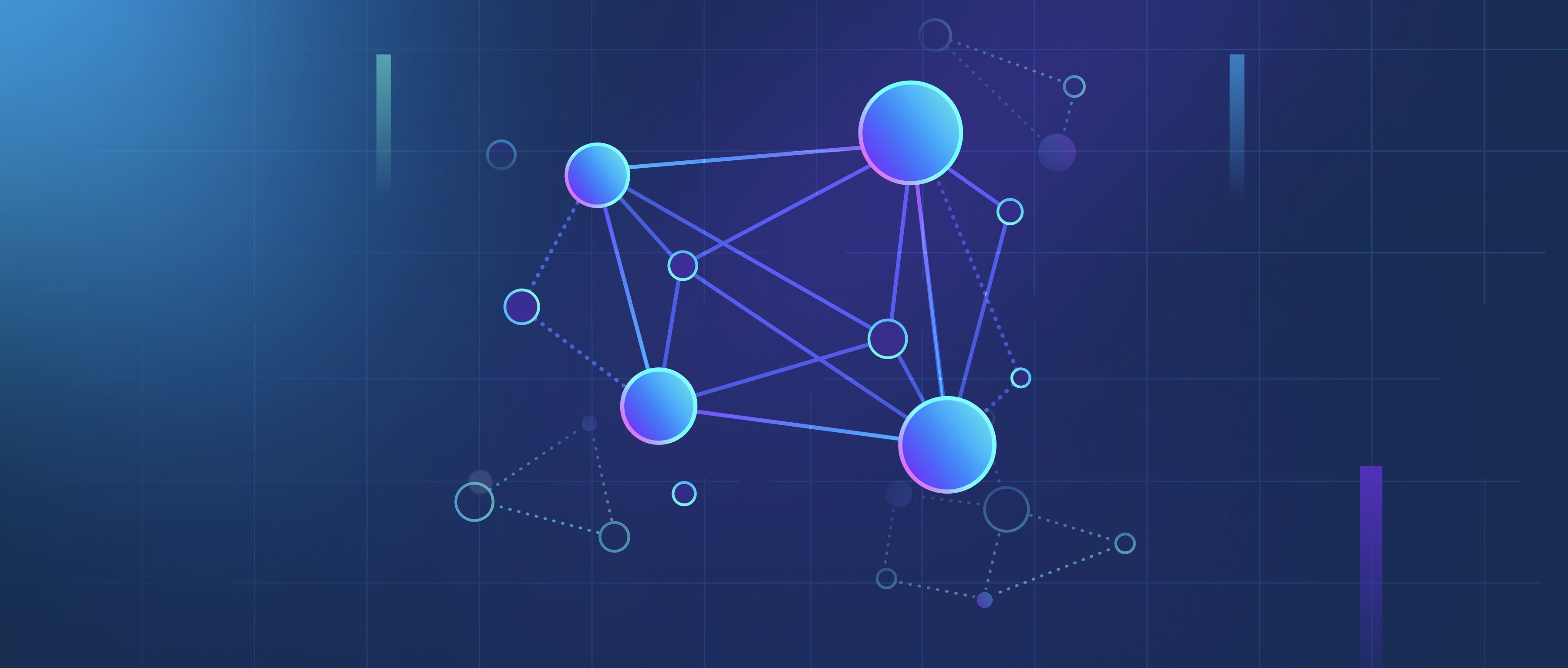REINFORCE is a policy gradient method used in reinforcement learning to optimize the decision-making process of an agent in an environment. It belongs to a class of algorithms that adjust the policy directly based on the rewards received from the actions taken in various states. Unlike value-based methods, which focus on estimating the value of actions or states, REINFORCE learns a probability distribution over actions that maximizes the expected reward over time. This makes it particularly useful in scenarios where the environment is complex or where actions lead to delayed rewards.
The core idea behind REINFORCE is to use the concept of Monte Carlo estimation to update the policy. When the agent takes an action and receives a reward, REINFORCE computes the cumulative reward for that action over an episode. It uses this information to update the probabilities of the actions taken. If a certain action leads to a high reward, the algorithm increases the probability of taking that action in similar states in the future. Conversely, if an action results in a low reward, it decreases its probability. The updates are typically performed using gradient ascent, where the objective is to increase the likelihood of actions that lead to higher rewards.
For example, consider a game like chess, where an agent learns over many games. After each game, the REINFORCE algorithm evaluates the sequence of moves made and the final outcome (win or loss). Based on this feedback, it adjusts the probabilities of selecting certain moves in future games to increase its chances of winning. By iteratively refining its policy through trial and error, the agent becomes more adept at making optimal decisions in various situations, illustrating how REINFORCE can effectively guide agents in learning from their experiences.
